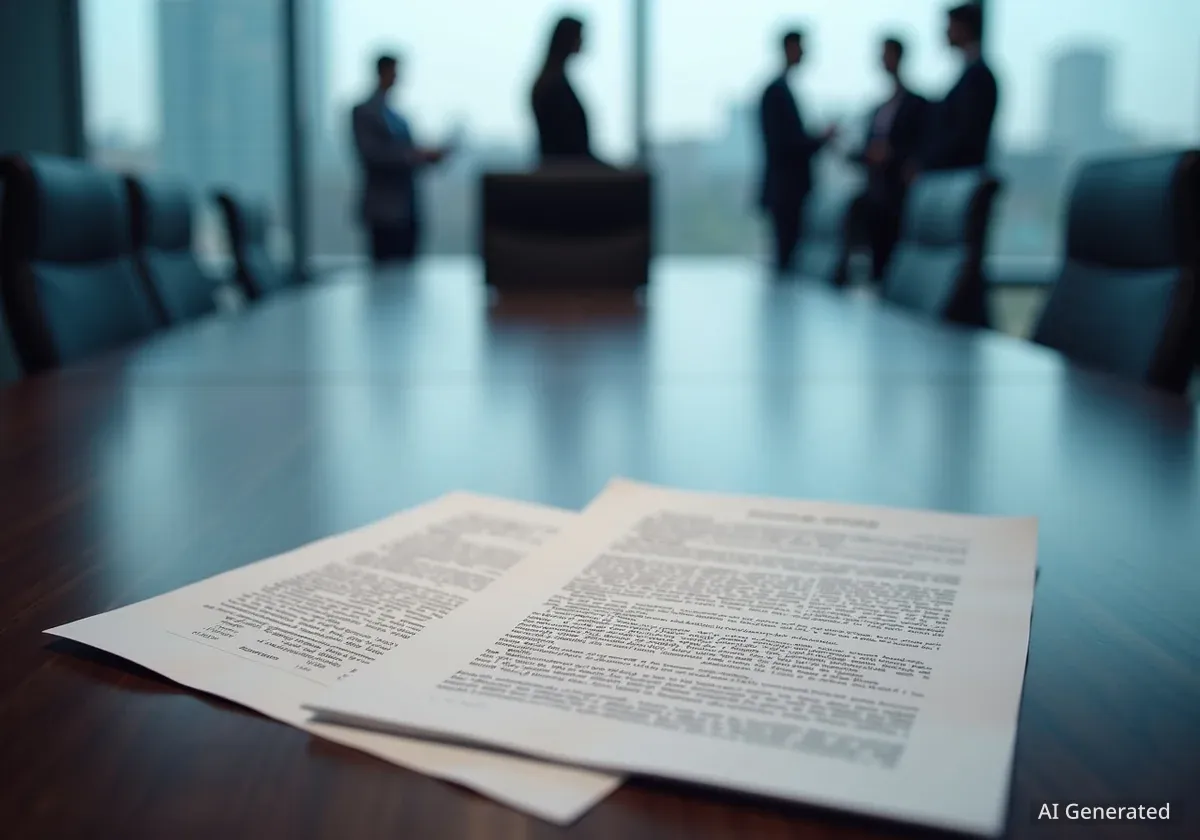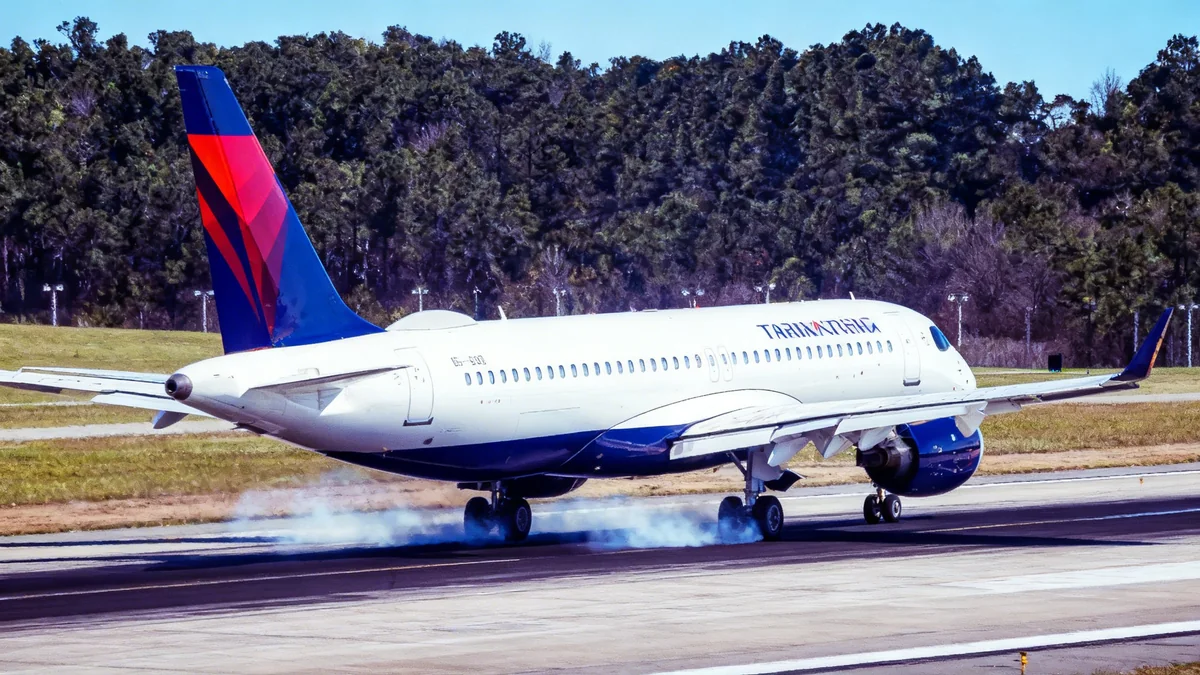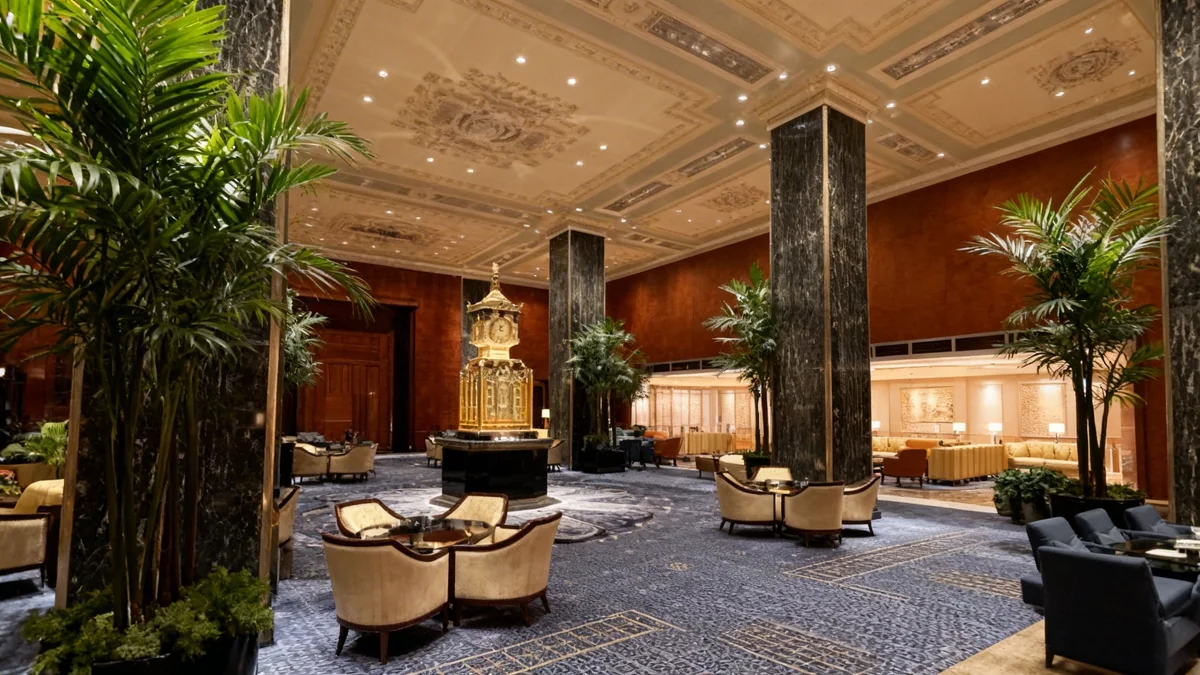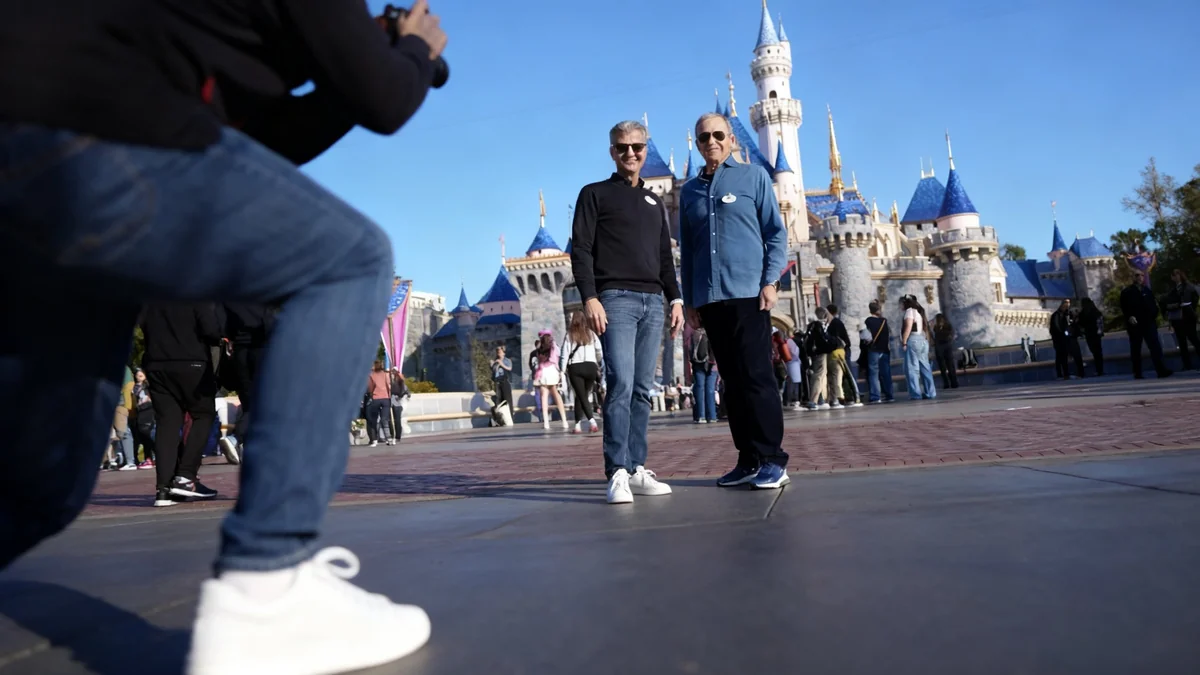Two of the largest names in the travel industry, Delta Air Lines and Marriott International, are preparing for a court battle over a trademark dispute that has been developing for more than five years. The airline has accused the hotel giant of intentionally using the "Delta" name and a similar logo to mislead travelers and capitalize on the airline's established brand recognition.
Key Takeaways
- Delta Air Lines filed a lawsuit against Marriott International, alleging willful trademark infringement over the "Delta Hotels" brand.
- The dispute originated in 2015 after Marriott acquired the Canadian-based Delta Hotels for $134 million and began expanding it into the U.S.
- The airline claims Marriott changed the hotel's logo to closely mimic its own font and color scheme to create confusion.
- Delta is seeking significant financial compensation, including punitive damages, as the case heads toward a trial.
The Core of the Allegations
The legal conflict, which was formally initiated with a lawsuit in March 2020, centers on Delta Air Lines' assertion that Marriott's expansion of its Delta Hotels brand constitutes a deliberate infringement on its trademark. The airline argues that Marriott's actions were part of a "calculated strategy" to create a false association between the two companies.
According to legal documents, the airline claims Marriott's plan was designed to "barrel ahead" with its expansion despite objections. The complaint highlights specific changes Marriott made after acquiring the hotel chain.
"Marriott has embarked upon a calculated strategy of not only gratuitously using the name DELTA for its DELTA HOTELS chain of hotels in the United States, but also has adopted a sans-serif font and dark blue color scheme for its DELTA HOTELS business that closely mimics the font and color scheme used by Delta."
The airline contends that these changes were not coincidental but were instead intended to leverage the airline's long-standing reputation and goodwill with travelers.
A Dispute Rooted in a 2015 Acquisition
The issue traces back to 2015, when Marriott International purchased Delta Hotels, then Canada's largest full-service hotel chain, in a deal valued at $134 million. At the time of the acquisition, the hotel brand had a distinct logo featuring a cursive 'D' and a serif font.
Following the purchase, Marriott began an aggressive expansion of the brand beyond Canada, primarily into the United States. It was during this expansion that the branding was updated to the sans-serif font and dark blue color scheme that the airline finds objectionable.
Background of the Lawsuit
The lawsuit was filed in a Georgia court under case number 1:20-cv-01125. While the initial complaint was made in early 2020, the case has proceeded quietly for years. Now, with pre-trial briefs being filed, the dispute is moving toward a public trial, bringing the corporate conflict into the spotlight.
Delta Air Lines alleges that Marriott's primary motivation for the acquisition was to use the name to its advantage in the U.S. market.
The complaint states, "Upon information and belief, a central reason that Marriott acquired the Canadian Delta Hotel chain was to leverage the DHLP acquisition to trade off Delta’s famous Delta Marks and consumer recognition."
Claims of Widespread Consumer Confusion
Delta Air Lines argues that the similarity in branding has led to tangible confusion among consumers. The lawsuit provides examples where customers were allegedly misled into believing the hotel chain was owned by, or affiliated with, the airline.
Instances cited in the legal filings include travelers who thought they could earn Delta SkyMiles frequent flyer points by staying at a Delta Hotels property. In another notable example, the airline states it was approached by the CEO of a multi-million-dollar company who was seeking a partnership with what they believed was the airline's hotel chain.
Strategic Hotel Placement
A key part of the airline's argument is that Marriott strategically positioned new Delta Hotels properties at numerous airport locations. This, combined with marketing efforts aimed directly at air travelers, is presented as evidence of a deliberate plan to "sow confusion" and target the airline's core customer base.
An Escalating Legal Battle
The conflict extends beyond branding. The lawsuit accuses Marriott of actively interfering with the airline's own trademark rights on a global scale. Delta claims Marriott has been registering the "Delta" brand for its exclusive use in multiple countries and has formally opposed several trademark applications made by the airline.
"Marriott has also embarked on a campaign to interfere with Delta’s trademark rights in a misguided attempt to create leverage and force Delta to agree to Marriott’s expansion plans," the legal complaint reads.
As the case prepares for trial, Marriott International has filed its pre-trial brief. However, the document has been sealed by the court at the company's request, with Marriott arguing that it contains commercially sensitive information that could harm its business if made public. Delta Air Lines is seeking treble damages for the alleged trademark infringement, in addition to punitive damages, though a specific monetary figure has not been publicly disclosed.





